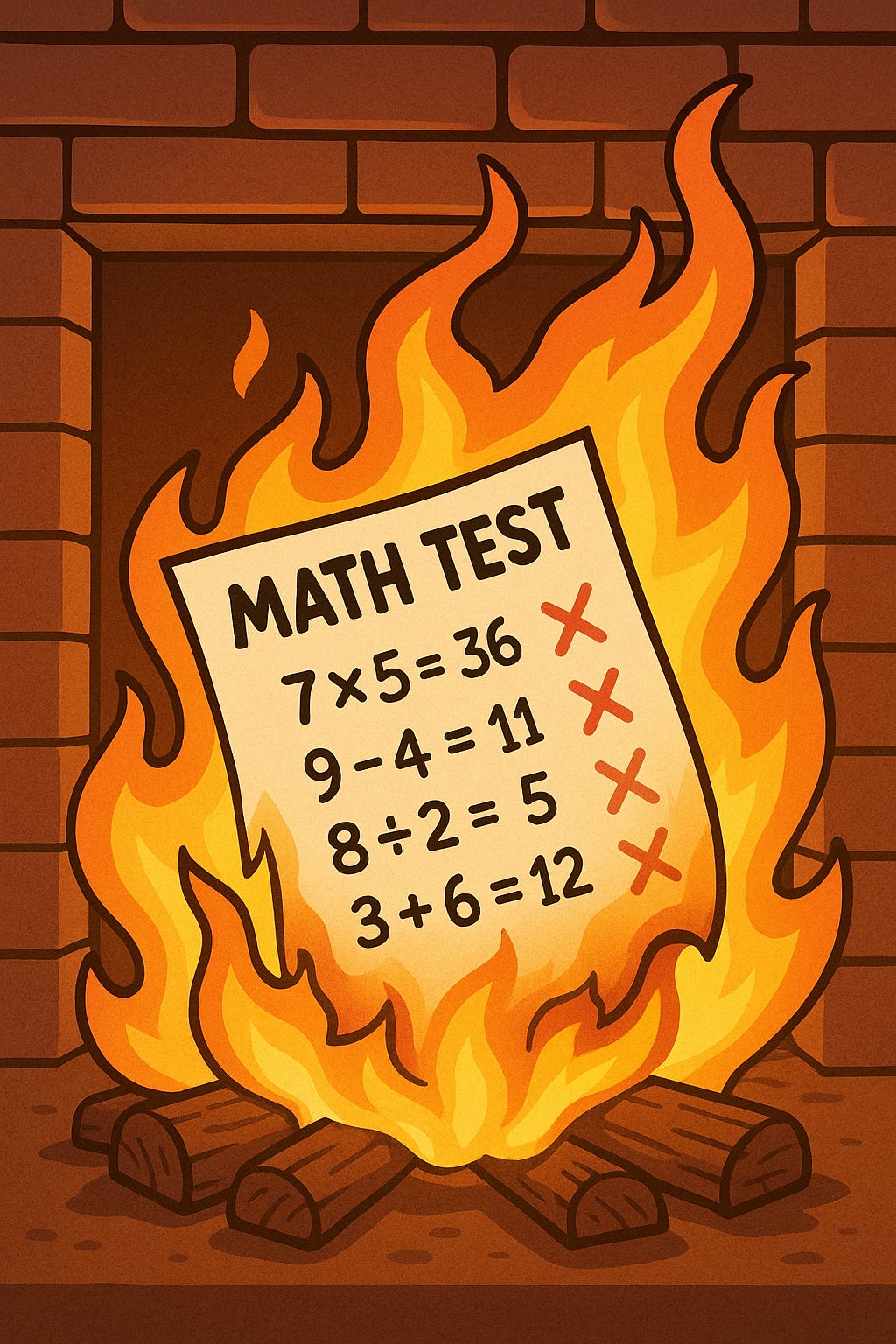Many students took the enhanced ACT for the first time last Saturday. The verdict? It was “crazy hard.” They have “never seen questions like that before.” So is the test really that different? Or is it just another New Math Test Freakout?
I ask because I heard similar reports when the digital SAT debuted. Students said the real tests were “crazy hard” and very different from the official ones they'd practiced in Bluebook. And they weren't entirely wrong. The Bluebook scores did tend to be higher than real scores, especially in the 700+ range. And the SAT did eventually modify its practice tests several months later.
But I also think those initial Bluebooks were quite good. If a student mastered every question on those initial Bluebook tests, he’d have been well-prepared for at least 90% of the material on the real test.
So why were students so upset?
The SAT math response was driven by several factors, all of which apply to the new ACT (and most new math tests):
Students are more alert to danger during a real test. If you're 90% sure of your answer when you’re at home, that feels pretty good. But 10% unsure on a real test does not feel good. That's why after pretty much every ACT, for as long as I've been teaching the ACT, students have said "the math was hard," even though the test they're saying that about will soon be a practice test that students think is "easier" in comparison to their real test! It’s actually a joke in my (extremely cool) tutor friend group after every ACT: “Let me guess, the math was hard?”
Students haven't seen as many versions of the new test, so the material is less familiar. Because students are so alert to danger, they notice small changes. Suppose the layout is different, or the font has changed. Maybe there are more of a certain problem type. Or perhaps they’ve included a new concept (hyperbolas) that can be solved with an old strategy (plugging in points). When you have access to dozens of official tests, you won’t be surprised by any of these elements. But when you only have access to 4 tests (as is the case with the new ACT), all of these changes can rattle a student, even though they don’t require new math skills. In addition to those minor changes, there probably will be a few new problem types, and those will be even more upsetting.
Sometimes the experimental questions are different and/or hard. That means there are at least a couple more hard questions than the students are used to.
Things can spiral out of control more easily on a real test. Some react to pressure by double-checking everything; others speed up. Either way, when you change your process, you make more errors.
So if you put this all together — more unfamiliar items, more stress — you can see how students might have a completely different experience on test day than they’ve had on old practice tests at home. A student is used to seeing 5 unfamiliar questions out of 60 on the old ACT. Now he sees 10 weird ones out of 45. He takes too long on some, has to rush towards the end, and comes out feeling like the test was much, much harder.
Unfortunately, explaining the response doesn't eliminate it! I think it's very likely that 90%+ of the material is unchanged, and if that's the case, I'll want students to keep practicing most of the same skills. Once I have more real tests to analyze, I can adjust.
In the meantime, for my own students, I'm leaning heavily on a version of the checklist approach I described last week. I have a list of trusted resources (Mathchops, old tests, lists of hard questions, official practice tests, etc), and I make sure that students have mastered all of them.


